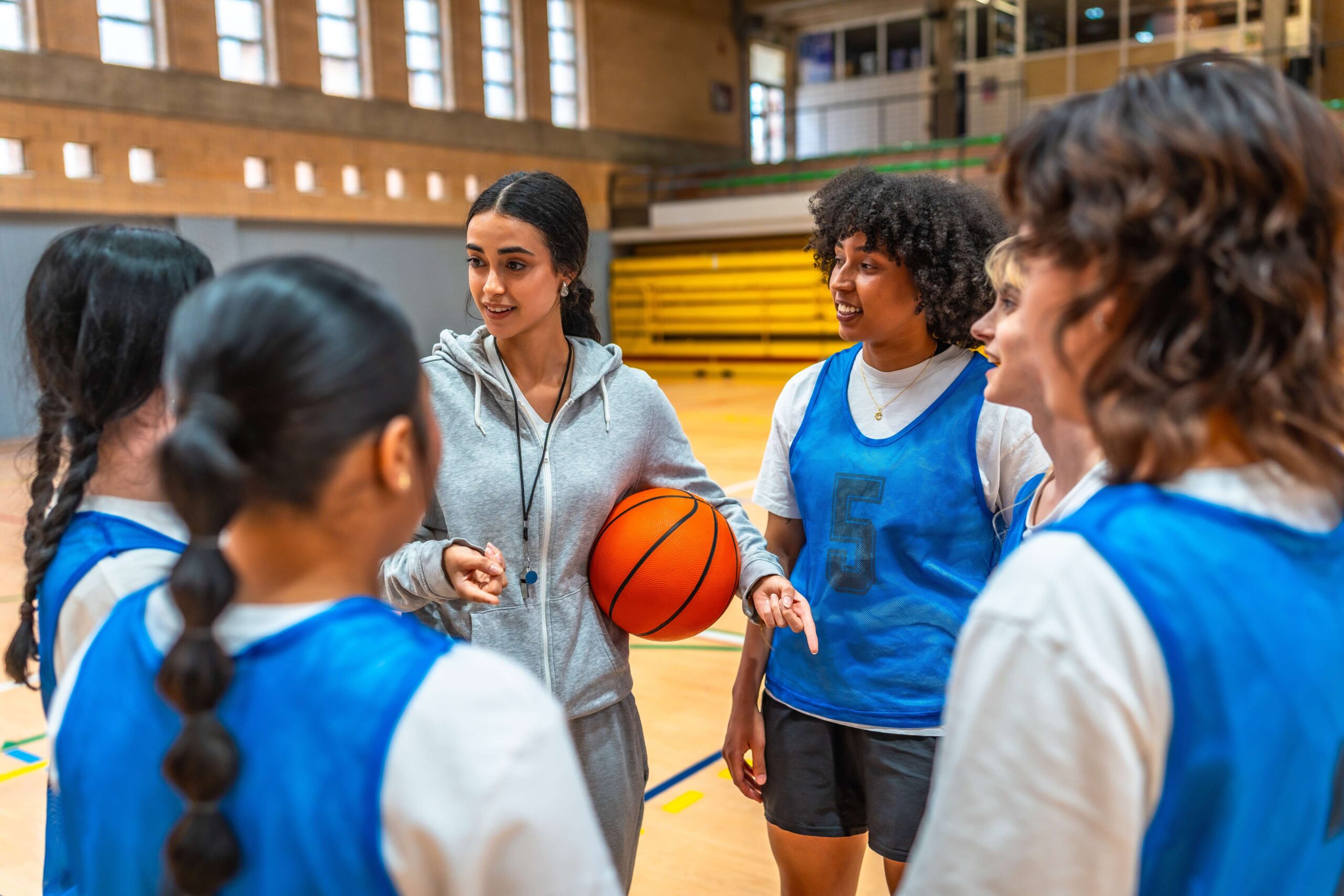For as long as I can remember, basketball has been a central part of my life. Growing up in San Antonio, I spent countless hours watching the Spurs with my family and even more hours shooting hoops at local gyms. That love for the game carried me through high school, where I was fortunate enough to be named Most Athletic and Prom King, and eventually led me to Louisiana State University, where I walked on to the men’s basketball team.
Being a part of a major SEC program was both a dream and a daily challenge. I wasn’t the star of the team, but I was part of the engine that made things go—at practice, during game prep, in the locker room. Those four years taught me more than any textbook ever could. They taught me resilience, discipline, and the value of being part of something bigger than myself.
Now, with college behind me and my degree in Management with a specialization in Human Resources in hand, I’m taking my next steps: pursuing a career in coaching.
From Playing to Leading
The transition from player to coach isn’t always easy. When you’ve spent years sweating it out on the court, sitting on the sideline can feel like a strange new world. But coaching isn’t about stepping back—it’s about stepping up in a new way. It’s about using what I’ve learned not just to play the game, but to teach it, shape it, and help others grow through it.
As a walk-on, I had to work twice as hard to prove I belonged. That experience taught me to pay attention to the little things: the timing of a cut, the energy on defense, the way a teammate needed encouragement after a tough practice. Those details matter as a coach just as much—if not more—than they did as a player.
Learning Never Stops
One of the biggest lessons I’ve learned is that being a great coach starts with being a great learner. Just because my playing days are over doesn’t mean the education ends. I’ve been lucky to have coaches who took the time to explain why we ran a certain defense or how to adjust a pick-and-roll based on who we were playing. That kind of mentorship is something I hope to pass on to others.
I’m currently focused on building my coaching resume—from volunteering at camps to studying film and learning from mentors. The ultimate goal is to coach at the university level, where I can continue to grow and help young athletes navigate the same journey I’ve been on.
Giving Back Where It Counts
Basketball has given me so much more than a spot on a team. It’s given me opportunities to serve and connect with others, especially those in the special needs community. Since middle school, I’ve volunteered in classrooms for students with special needs and supported Special Olympics events. Even while at LSU, I stayed involved in community outreach—something our program took seriously.
Coaching isn’t just about wins and losses. It’s about impact. It’s about helping players not only become better athletes, but better people. Whether it’s through tutoring, service projects, or just being someone to talk to, I want my players to know that who they are matters more than what the scoreboard says.
The Game Keeps Giving
What excites me most about coaching is the chance to continue being part of the game I love, while also giving back to it. Basketball has a way of bringing people together—teammates, coaches, fans, communities. It’s a tool for growth, inclusion, and transformation. And while I may not be lacing up my sneakers the same way anymore, I still get to be in the gym, still get to compete, and still get to make a difference.
Transitioning from athlete to coach isn’t about leaving something behind. It’s about stepping into a new role with fresh purpose. I’m grateful for every practice, every game, every early-morning workout that prepared me for this next chapter.
The buzzer may have sounded on my college playing days, but for me, the game is far from over. In fact, it feels like it’s just beginning.
